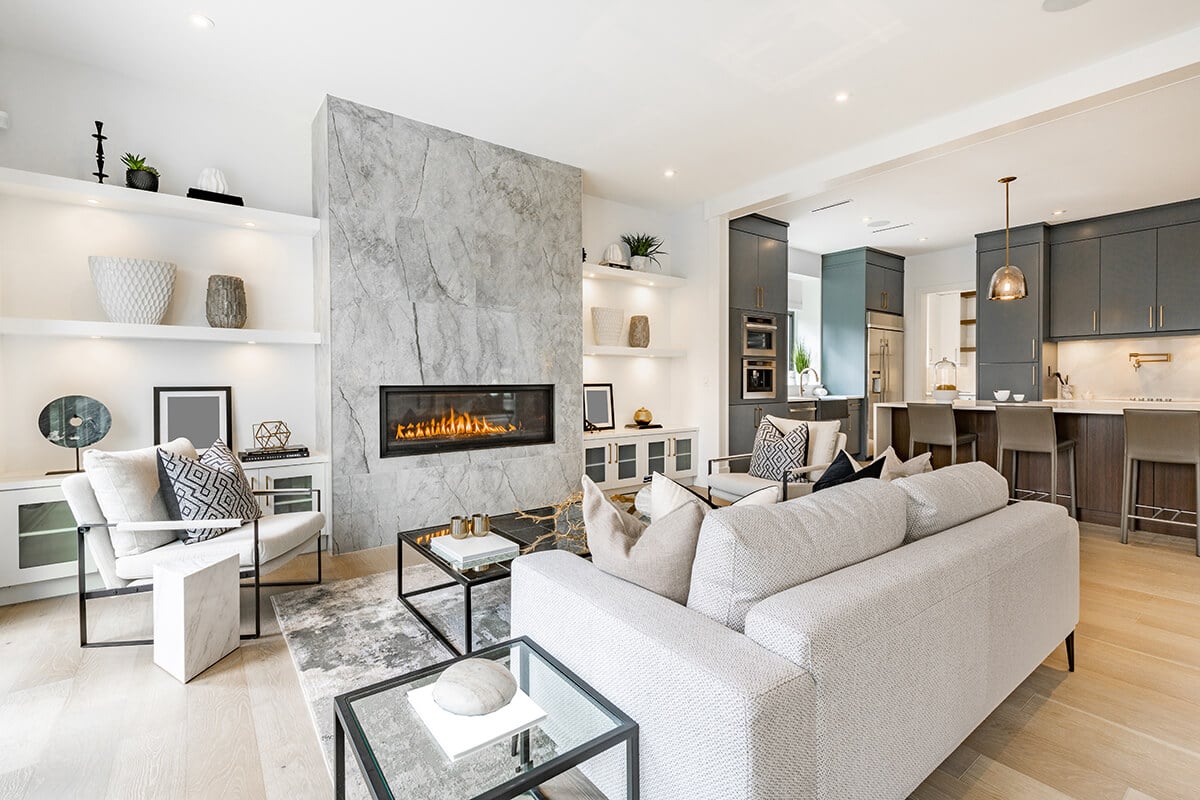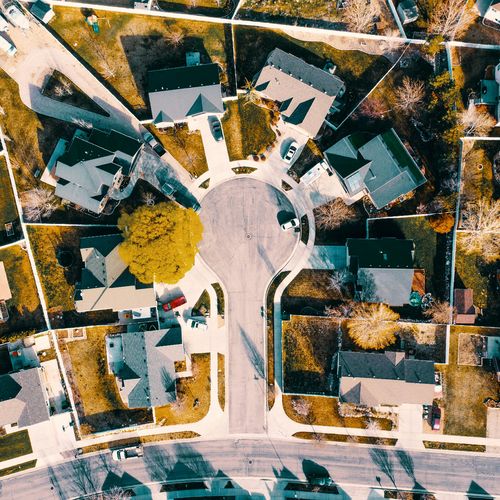Ever looked around your home and thought, “I could make money off this”? You’re not alone. As short-term rentals continue to boom, more homeowners are converting all or part of their properties into Airbnb-style getaways. Whether you’re trying to earn passive income, cover the mortgage, or dip your toes into real estate investing, listing your home on Airbnb can be a lucrative opportunity—if done right. But before you fluff the pillows and post your listing, it’s important to know the benefits, challenges, and what to expect.
✨ Pros of Turning Your Home into an Airbnb
✅ Extra Income
The most obvious and immediate benefit of turning your home into an Airbnb is the extra income. On average, U.S. hosts earned around $14,000 per year from their Airbnb properties in 2023, according to Airbnb’s data. While this can vary widely depending on your location, property type, and booking frequency, many homeowners see a substantial boost to their income. 💰
Moreover, if your area sees high demand from tourists, business travelers, or event attendees, you could even generate enough income to pay off your mortgage or other major expenses.
✅ Flexibility
One of the major perks of hosting on Airbnb is the flexibility it offers. You get to decide when your property is available for rent, whether it’s just for weekends, during peak seasons, or when you’re on vacation. No long-term commitments or tenants to deal with—your property remains yours to use as you see fit. 🗓️
✅ Tax Deductions
When you rent your home on Airbnb, you might qualify for some tax breaks. Many Airbnb hosts take advantage of tax deductions for things like cleaning services, utilities, repairs, and even a portion of your mortgage. For tax advice specific to your situation, it’s always wise to consult a professional, but this can help offset the costs of maintaining your rental property. 🧾
✅ Home Value Boost
Turning part of your home into an Airbnb rental might also increase your property’s value. Investing in high-quality furniture, décor, and upgrades to create an attractive and welcoming space for guests can lead to long-term property appreciation. In fact, homes with established rental histories can sometimes sell for a premium. 🔑
⚠️ Cons (and Considerations)
🔸 Local Laws & Regulations
Before you start setting up your property, it’s critical to understand the legal requirements in your city or town. Many places have strict zoning laws, permits, or licensing fees for short-term rentals. Some cities, such as New York City and San Francisco, have even banned short-term rentals or placed heavy restrictions on them.
Additionally, some homeowners’ associations (HOAs) may have rules prohibiting short-term rentals. Ignoring local laws can result in heavy fines or legal action, so it’s essential to do your homework.
🔸 Wear & Tear
Hosting strangers in your home can lead to an increase in wear and tear on your property. From scuff marks on the walls to furniture damage or even appliance breakdowns, things might not always be as pristine as you’d like. While you can charge a cleaning fee and set security deposits, this doesn’t always cover the full cost of repairs.
It’s important to factor in maintenance costs and potentially budget for unexpected repairs. Regular upkeep and a solid cleaning routine are essential to keeping your Airbnb in top shape. 🧼
🔸 Time Commitment
Managing an Airbnb rental is far from a passive income stream. Sure, the rental is generating income while you’re not there, but there’s still a lot of hands-on management involved. From responding to guest inquiries to cleaning between stays, managing bookings, and handling any guest complaints or issues, the time commitment can add up quickly.
If you’re short on time or would prefer not to manage everything yourself, you can always hire a property manager to handle day-to-day operations. But this will reduce your earnings, so be sure to weigh the costs. ⏰
🔸 Neighbor Relations
While many guests are polite and respectful, there’s always the risk of disruptive visitors. If your property is located in a residential neighborhood, your neighbors might not be thrilled with the constant turnover of guests or the noise that sometimes accompanies it.
It’s crucial to set clear house rules for guests and communicate openly with your neighbors. Some neighborhoods and cities are more sensitive to Airbnb rentals than others, so make sure you’re aware of any community dynamics. 📣
📊 Quick Stats to Know
Here are some key figures to help you understand the scope of the Airbnb market:
-
🌍 Airbnb hosts worldwide earned over $25 billion in 2023.
-
🏘️ The average nightly rate for U.S. listings is $137 (AirDNA, 2024).
-
💸 Hosts in high-demand tourist areas can earn double or more the national average. Cities like New York, Los Angeles, and Miami can yield significantly higher rates.
-
🌟 Over 55% of Airbnb hosts say that they use the income from hosting to cover their cost of living (Airbnb Host Survey 2023).
💭 Final Thoughts: Is It Worth It?
So, is turning your home into an Airbnb worth it? Ultimately, the answer depends on your goals, your location, and the level of involvement you’re willing to invest. If you live in a tourist-friendly area or a popular destination, Airbnb could help you generate a substantial income. However, it’s important to keep in mind that long-term profitability depends on market trends, competition, and effective management.
While it can be a great financial opportunity, it also comes with its own set of challenges. From local regulations to property maintenance, turning your home into an Airbnb requires careful planning and execution.
📣 Let’s Chat!
Interested in exploring whether Airbnb hosting could work for you? Want to know how to get started, navigate legal issues, or evaluate the potential earnings in your area? I’m here to help!
💬 Drop a comment, send me a message, or schedule a free consultation—let’s turn your space into a successful Airbnb.
🏡
Partners Realty Group
(865) 789 – 6677
“Helping you make the most out of every property.”


